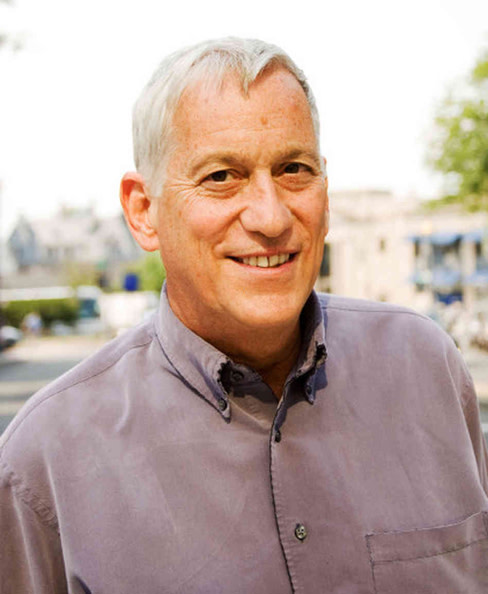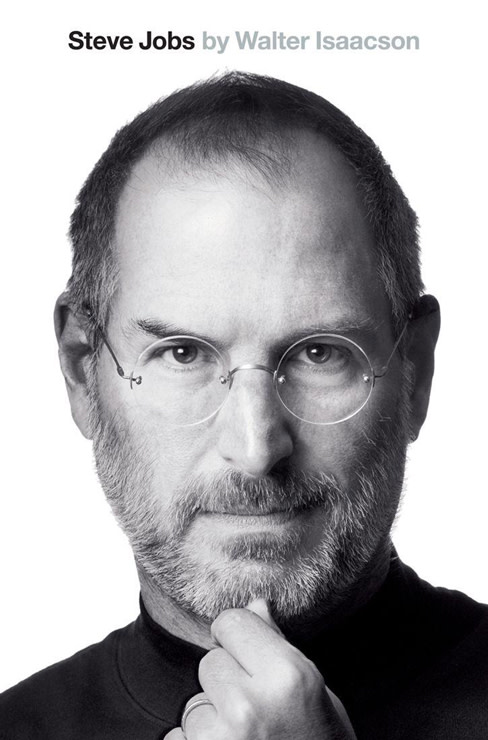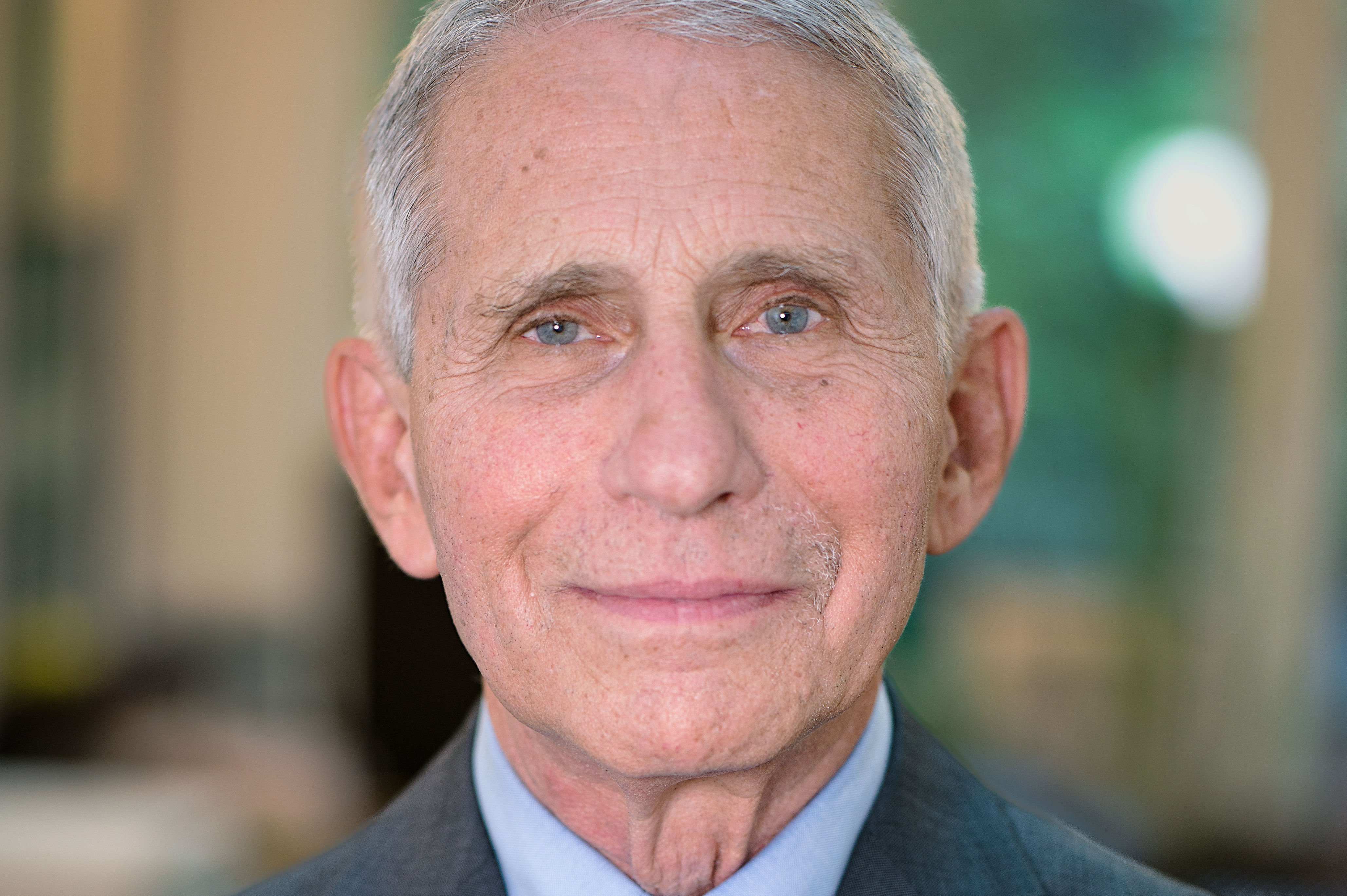Walter Isaacson on Writing, Sarasota and Steve Jobs.
By Megan McDonald
[caption id="attachment_470" align="alignnone" width="488"]
You’ve probably heard Walter Isaacson’s name before: He’s a former TIME magazine editor, the former chairman and CEO of CNN, a member of the board of directors of Teach for America and the current president and CEO of The Aspen Institute, a think tank headquartered in Washington, D.C. He’s also a prolific writer: He’s penned biographies of Albert Einstein, Benjamin Franklin, Henry Kissinger and—most recently, and to much buzz—Steve Jobs, the late co-founder and CEO of Apple.
Isaacson will be in Sarasota next Tuesday as part of the Ringling College Library Association’s Town Hall series, where he’ll discuss the lessons in creativity and imagination he’s learned from the people he’s written about. Pre-lecture, he spoke with us via phone about his writing, his nonprofit work and, of course, Steve Jobs.
Have you ever been to Sarasota before?
I’m from Louisiana, so I’ve pretty much been to every old and new town on the Gulf Coast. And Sarasota is a great one, with a real sense of community.
You’re a biographer—how do you choose your subjects?
One biography tends to lead to another. When I first worked at TIME magazine, I wrote a book with a friend of mine called The Wise Men, about six friends and Cold War foreign policy. It ended in Vietnam, and I thought, “How am I going to write about Vietnam? Through a biography of Henry Kissinger.” After I did Kissinger, I wondered about the roots of American diplomacy and was interested in Ben Franklin. Then I figured I should do a scientist, so I did Einstein. And then Steve Jobs called me up, and after a few conversations I realized what a great opportunity that was.
Walk me through your writing process.
With Steve Jobs, the process was to go spend days and days with him. I did close to 50 interviews and stayed in Palo Alto, and we would just talk for hours on end. With Ben Franklin, the first thing I did was go to the Yale library and go through all of his letters and papers. Right now I’m working on a book about the people who invented the computer in the 1940s, and I’m reading a lot of oral histories and memoirs. So it depends [on the subject].
[caption id="attachment_472" align="alignnone" width="488"]
Let’s talk a little about Steve Jobs. Some people say he was one of the world’s most influential change agents; others say he was simply an amazing salesman. What do you think?
I think he understood how to make beauty and engineering work together and that made him extraordinarily creative—he made products that we didn’t know we needed, like the iPod or the iPad, that have helped transform our lives. He was one of the greatest inventive geniuses of our era.
Why do you think people are so drawn to Jobs and his life?
I think people really care about innovation and about how we’re going to be a creative economy, and [Jobs] was a guy who was driven by passion who led an amazing life. People love him and what he created. It’s good for people to actually care about business leaders who make our lives better; I’m pleased there’s been as much interest in him as there has.
What was the hardest part of writing that biography?
That he was sick, and that I was spending time with him when he wasn’t feeling well and thinking that he didn’t know how much longer he had to live. It was difficult, because I liked him.
Are you satisfied with the results?
Steve asked me to be very honest, and he was sometimes a tough character, so I had to try to be honest about his personality. Even though I liked him and admired him, I wanted [the book] to be about a real human being who was flawed as well as a genius. It was a difficult thing to balance, but that’s what I tried to do.
Do you ever worry that your name will always be associated most with this book?
No—there are people who remember me from TIME and from CNN, and I have another book that will come out in a couple of years. So I don’t know if this is what I’m most associated with, but if it is, it’s fine with me and will probably change five years from now.
The argument can be made that these days we prefer to digest our media in bite-sized pieces as opposed to long-form journalism. So what motivates you to write long biographies?
People like narrative. Even when we get things in bite-size pieces, the human instinct is to want to tell stories and hear stories, and books are still a healthy medium.
I do think we’ll consume a lot of our books electronically. Approximately half the books sold these days are electronic, but [to me] it doesn’t matter whether you’re reading them on am iPad or a Kindle or on paper—it’s still a wonderful experience when you dive into a narrative. I think electronic books have given new life to the publishing industry.
What medium do you see having the most traction in the future—TV, books, newspapers, magazines?
The new generation wants to interact [with content]. I think we’ll see interactive content that will include video and words and maybe sound—like an electronic book that will also have video and [audio] interviews in it. Passive viewing—like of television—will go into decline; younger generations don’t want to just sit there and blankly stare at the TV.
How do you get your media?
I use an iPad and tend to get my news and sports and video on that or my computer, either through websites or on apps—some with video; some just words. I probably go to 20 different sites on a given day to get information—all online. I read newspapers online, but I don’t read them in print anymore.
You’re president and CEO of The Aspen Institute. What drew you to that organization’s work?
In an era when we’re very polarized as a society, I found it useful to get away from the ideology and actually get some things done; to bring people with different opinions together. You find common ground. I don’t like the poisoned political atmosphere we’re currently in—The Aspen Institute is dedicated to being nonpartisan and finding common-sense solutions based on our American values.
You’re also involved with Teach for America. How did that come about?
I did a piece on Wendy Kopp and Teach for America when I was at TIME many years ago, and I was so impressed that I ended up joining the board of directors. I’ve seen how it transforms school systems and how it can draw really smart kids to teach in an under-served community. In fact, I was just in Jacksonville, where Teach for America is starting to do more work—it’s impressive to see what the people are doing there, and how Jackonsville is embracing it.
Of all your work, what are you most proud of?
Something that gives me the most satisfaction is Teach for America. Education and improving our education system is of critical importance. When I went back to my hometown of New Orleans after Hurricane Katrina, I realized that people who do things like teach are the people who can help rebuild cities.
Individual tickets to Walter Isaacson’s lecture at Ringling Town Hall are available for purchase; for more information and to buy, visit www.rclassociation.org or call (941) 925-1343.



